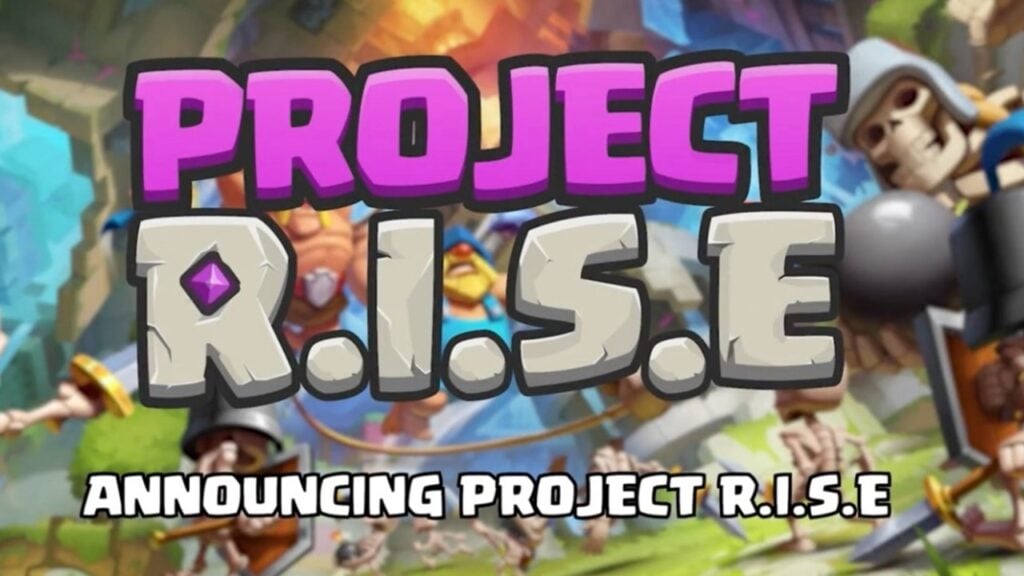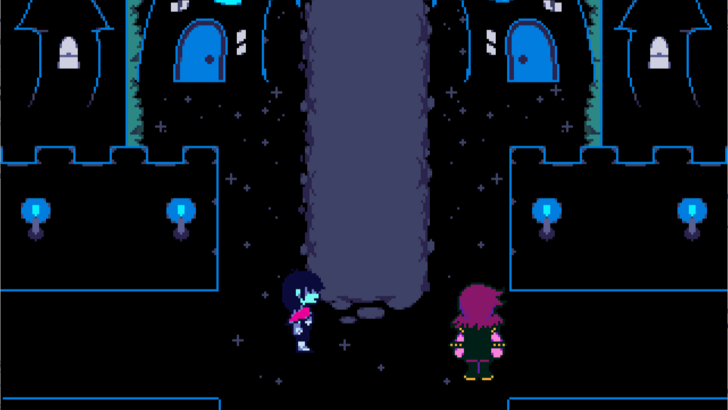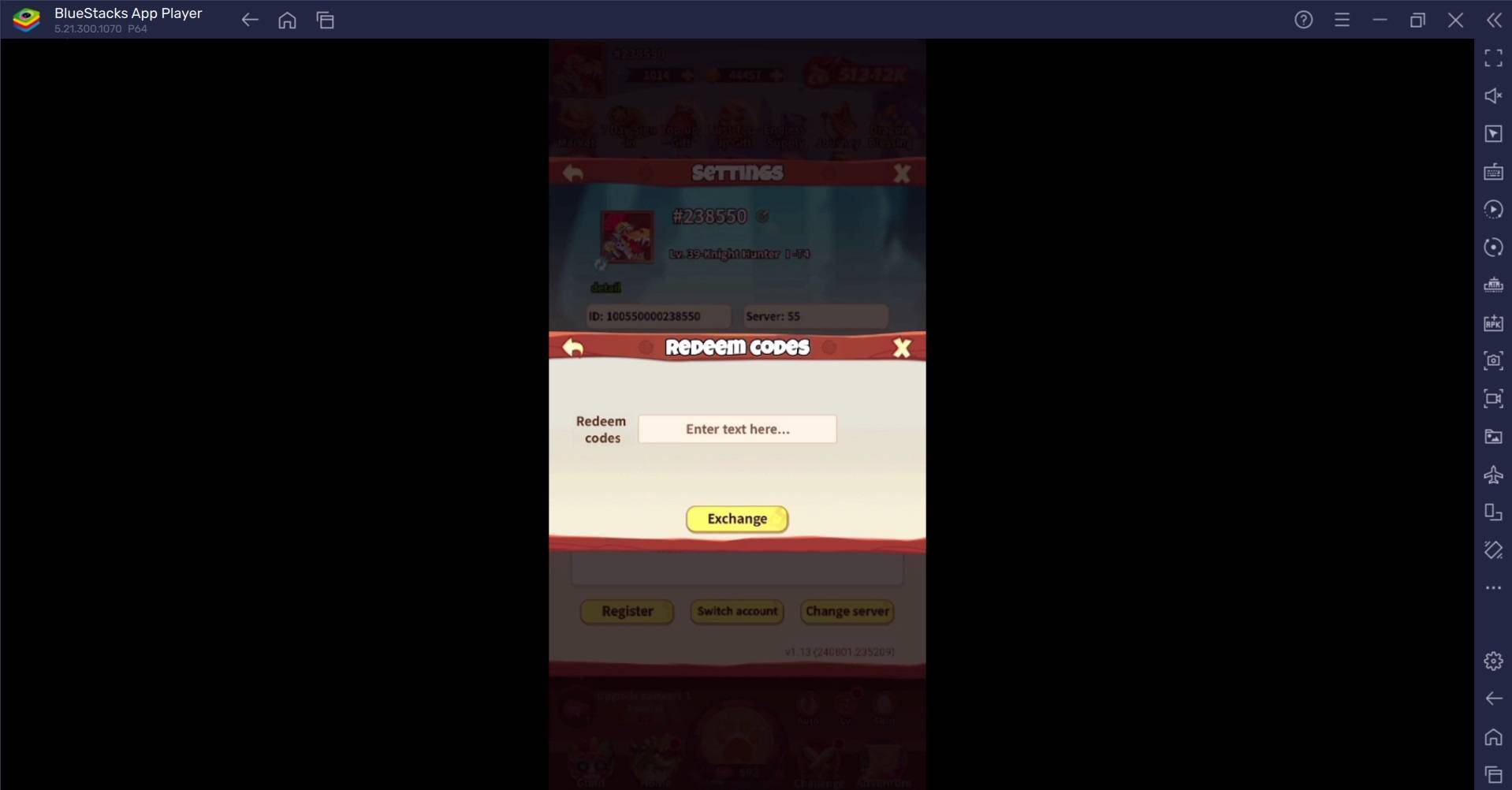Balatro developer, Local Thunk, recently shared a fascinating development history on their personal blog. Surprisingly, they reveal that they avoided playing most rogue-likes during Balatro's creation—with one notable exception.
Their blog details a self-imposed ban on rogue-like games starting in December 2021. Thunk explains this wasn't about creating a better game, but rather about embracing the experimental nature of their hobby. They wanted to make mistakes, reinvent the wheel, and avoid simply borrowing from established designs. This approach, while potentially leading to a less polished game, aligned with their personal enjoyment of game development.
However, this self-imposed rule was broken exactly once: a year and a half later, they downloaded Slay the Spire. Thunk's reaction? "Holy shit," they wrote. "Now that is a game." The reason for this single indulgence? They were troubleshooting controller implementation and wanted to see how Slay the Spire handled card game controls. The result? They became completely engrossed in the game, thankfully avoiding it until a point where they felt the risk of unintentional design mimicry was minimized.
Thunk's post-mortem offers other intriguing insights. For instance, the game's initial working folder was named "CardGame," a name that inexplicably persisted. The game also sported a working title of "Joker Poker" for a significant portion of its development.
Several scrapped features are also discussed, including:
- A system where card upgrades were the sole method of character progression, similar to Super Auto Pets' leveling system.
- A separate currency for rerolls, distinct from the in-game percentage-based system.
- A "golden seal" mechanic that returned played cards to the hand after skipping all blinds.
The number of Jokers (150) in the final game is revealed to be the result of a miscommunication between Thunk and their publisher, Playstack. Initially aiming for 120, a later discussion led to the decision to increase the number to 150, a change Thunk felt was ultimately an improvement.
Finally, the origin of the name "Local Thunk" is explained as a programming-related inside joke stemming from a conversation with their partner learning R programming.
Thunk's blog provides a much more comprehensive look at Balatro's development. IGN clearly appreciated the final product, awarding it a 9/10 and praising it as "A deck-builder of endlessly satisfying proportions…the sort of fun that threatens to derail whole weekend plans…" The full blog post can be found [here].








![Taffy Tales [v1.07.3a]](https://imgs.xfsxw.com/uploads/32/1719554710667e529623764.jpg)











